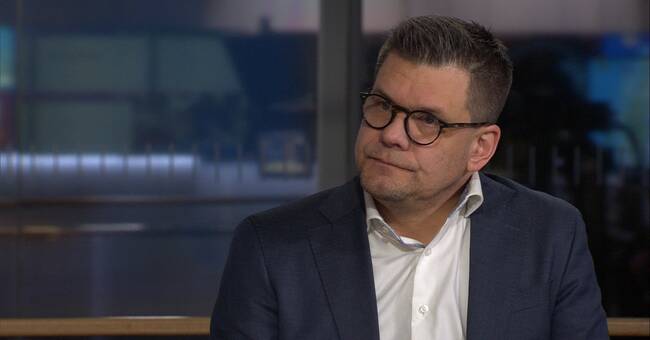In December last year, a 48-year-old woman from western Sweden was arrested on suspicion of forced marriage and war crimes in connection with her trip to Syria in 2013 with her five minor children.
Jonas Trolle, head of the center against violent extremism, calls the case horrible and also says that Sweden is now better prepared to deal with people with IS connections who return.
Among other things, it is about knowing when the people come to the country.
- Authorities in Sweden and foreign authorities have a good idea of who these people are, where they have been and what they can be suspected of, he says in Morgonstudion.
"Worked and turned out well"
The reception is organized jointly between several authorities.
The police take care of the adults suspected of the crime, while the National Agency for Education and the social services are responsible for any children who return with their parents.
- We have had a temporary authority network for almost a year now and we have organized a reception that we have run sharply on a number of occasions to wait on these people at Arlanda.
It has worked and turned out well.
The social services and the school take care of the children
Several of the IS returnees, for example, first end up with Turkish authorities who contact the Swedes, which makes planning for the reception easier, says Jonas Trolle.
But the phenomenon is still relatively new and it is important to clarify roles and issues within the authorities, such as how to solve identity documents for children born in IS-controlled areas.
Criticism has previously been directed at the reception because the people could enter the country and be contacted only later.
Jonas Trolle says that the process is now "tangible" and works well.
- First and foremost, I look forward to many being able to be convicted of crimes and then it is the social services and the school that will take care of the children.
The 48-year-old woman has denied the allegations.

